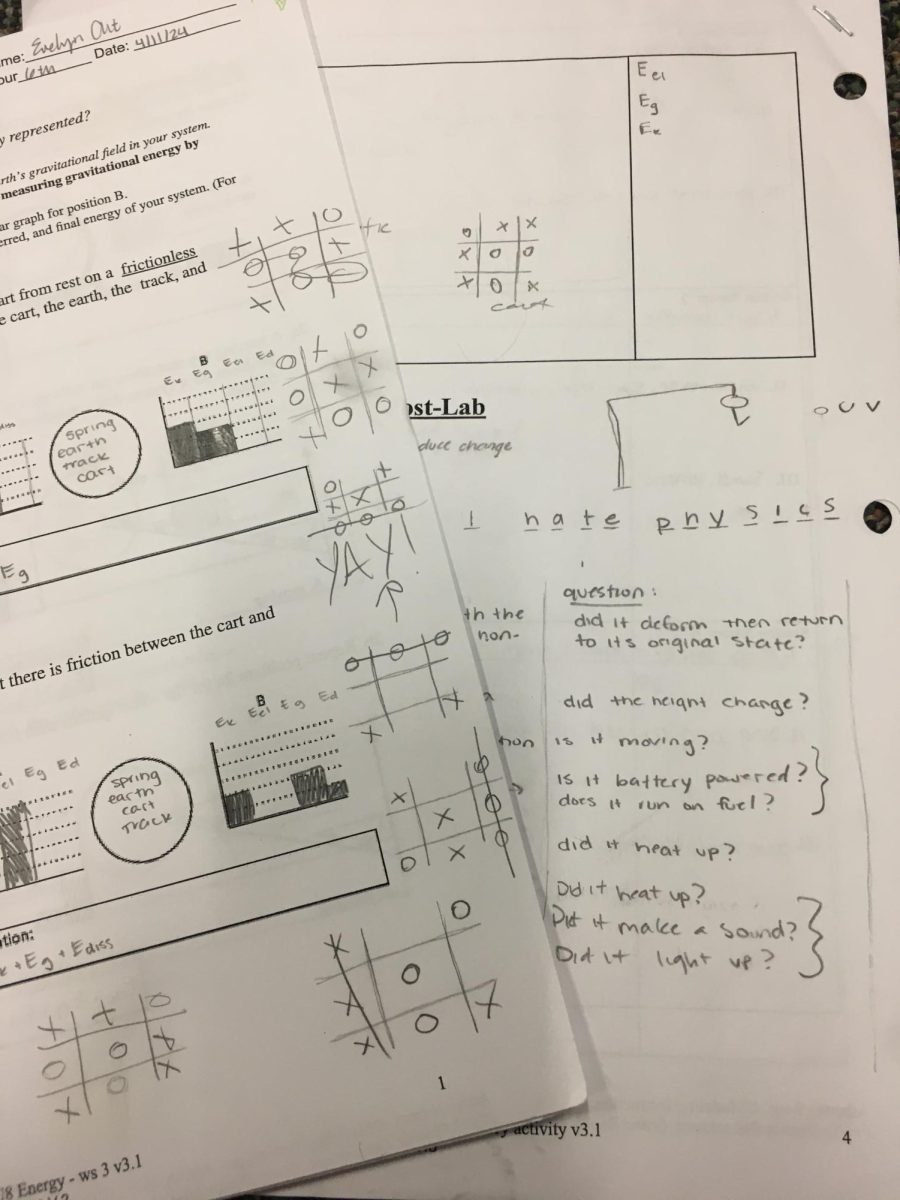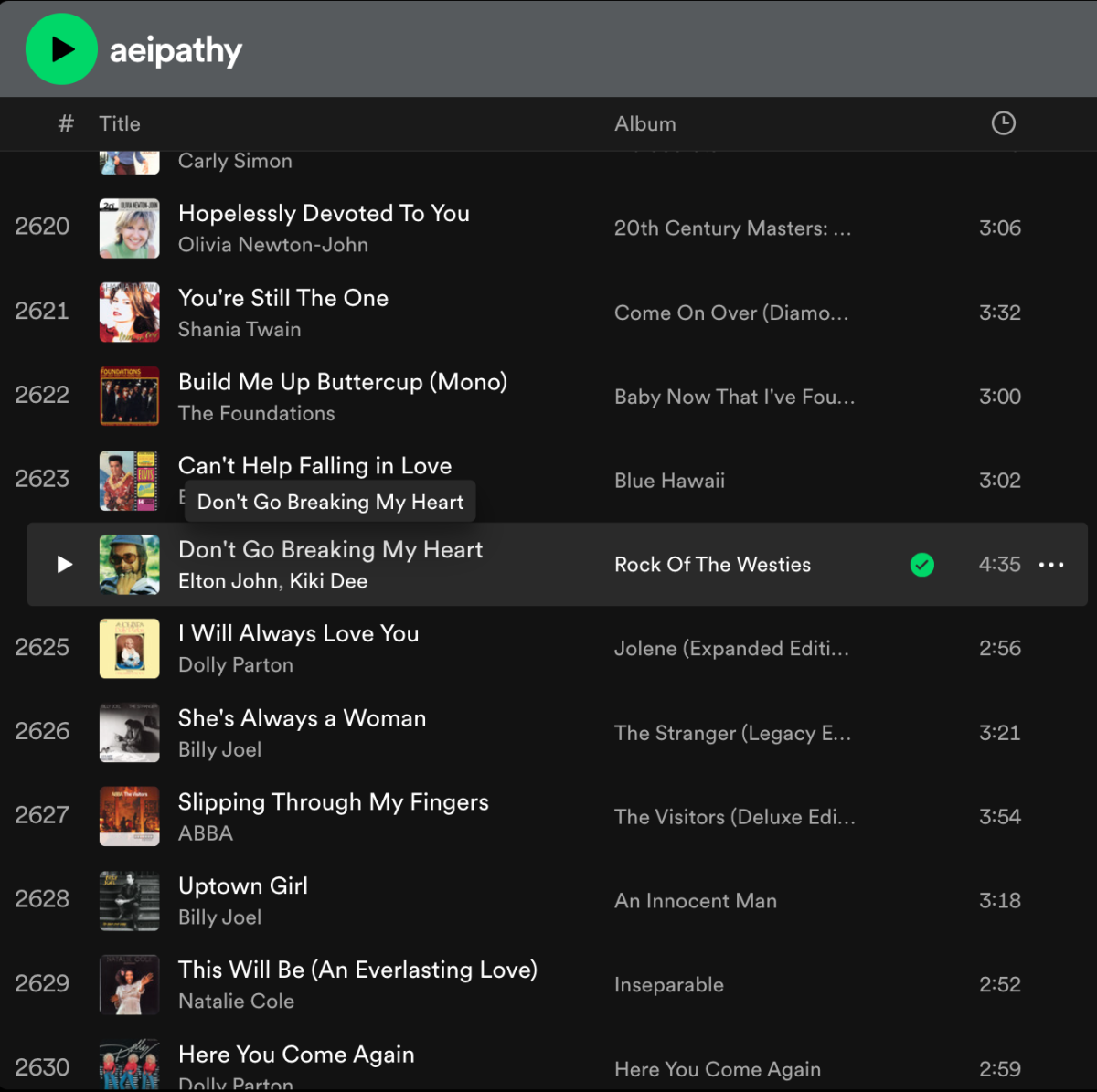War: do we really know what it means?

More stories from Jordan Helmbrecht
War. We all know what it is; we’ve heard about it, learned about it, and have seen pictures of it. However, most of us haven’t actually experienced the terror and reality of war. We haven’t had a chilling sense of fear creep up our spines at the idea of death when hearing the U.S. is at war. We haven’t had to lay restless at the thought of being drafted or seeing ones close to us be sent to war by coercion. We haven’t felt the icy wind of helpless fear that war carries.
We have remained a dominant country; while war is constantly going on, we have not recently been forced to stare it in the chilling eyes because we remain protected on top.
The fact of the matter is, most of us don’t actually have any idea what war really means because we haven’t had to fear it in our lifetimes.
In the early 1900s, people in the United States were stuck in terrorous panic as World War I raged. At this point in time, we had to fear losing—had to fear our country going down in ruins; society was scared because they faced the reality of war head-on.
In the mid-1900s, World War II imploded our country. Once again, fear was instilled in the minds of people around the world, including those in the United States. People feared not only losing people they loved but losing their country.
In the later 1900s, the Cold War kept the reality of war current in the United States. Horrible, heartbreaking, ruining war. Everyone knew what was happening, and everyone knew it was something to fear.
Now, after remaining arguably the most dominant country in the world, talk of war has fallen into the whispers of the few who choose to pay attention. We aren’t forced to learn about what is happening. We stay aware that every day people are signing their lives to protect the United States, but we don’t really pay attention to the wars those people are fighting.
Part of this is to blame on the consistency of battle. We’ve become accustomed to constantly fighting with other countries or nations. However, most of our lack of emotion and knowledge of war comes from how the success of the United States has blinded us from what war really means. We haven’t really experienced what a fearful war is like—what it is like to helplessly fear for your life—so we don’t know how to associate a real feeling with it.
This lack of experience and relation with the cold emotion of war has shaped the current generations to be insensitive to such drastic things. We don’t feel the fear, we don’t know how to because we haven’t had to.
Especially on social media platforms, the younger generations have immensely shown this insensitivity. When something serious in the world comes about, we would rather turn it into a meme than take it seriously.
We laugh in the face of Iran, but people in Iran tremble at the whisper of war with the U.S.
There has been a notable amount of numb jokes being made about the current dispute going on in Iran between their country and the United States. After the assassination of Iran’s top general, Qasem Soleimani, by the U.S., a heated conflict has arisen due to furious Iranians.
A rumor of possible war escaped into the gossip of the U.S. people, and rather than be concerned for our country or troubled by ideas of things that could happen, most of us would choose to turn it into a meme.
All over social media the past week, Iran versus U.S. war memes have been trending. Whether it is TikTok, Instagram, Twitter, or any other social media platform, people are turning the Iran situation into nothing but a dark joke. People are laughing rather than worrying because we don’t see that there is anything to be afraid of; we are insensitive to the fact that the U.S.-Iran war is something that could very possibly commence and cause tragedy.
I’ll admit, I’ve liked or laughed at a few of these; I am one-hundred percent guilty to the spreading insensitivity to war. I haven’t had to fear threats from other countries because I have familiarized myself with the success of the U.S.
However, when you turn to the other side of the battle, things are extremely different. While teens here are laughing at the idea of war and drafts and attacks, teens in Iran are fearful of what is to come. We laugh in the face of Iran, but people in Iran tremble at the whisper of war with the U.S.
The people of Iran, and several other countries, are relatively helpless in the face of the United States; we have more resources, more money, more weapons—we have the higher odds of victory.
So, while on this side of the world we may all be laughing at the idea of war, people on the other side are facing the fact that they could lose their homes, their loved ones, or even their own lives. We are bigger, the U.S. is stronger, and while we don’t have to fear for our lives because of this, people on the other side do. They know what war really means.
War is real. It is constantly going on, even when we don’t know it. We haven’t had to face the reality of it yet because of the strong country we live in, but that doesn’t mean a day won’t come where we do. And when that day comes, I sure hope we have more strength to hold ourselves together than a bunch of memes.

Jordan Helmbrecht is a senior and is entering her second year on staff for The Central Trend. She plays soccer for Midwest United FC and FHC. Although...



























































































Dylan Wilson • Jan 15, 2020 at 3:41 pm
Such a good editorial and such a great topic!
Nate Metcalf • Jan 9, 2020 at 10:01 pm
Wow. Absolutely stunning work. Whoever this Jordan girl is should have a future in journalism.